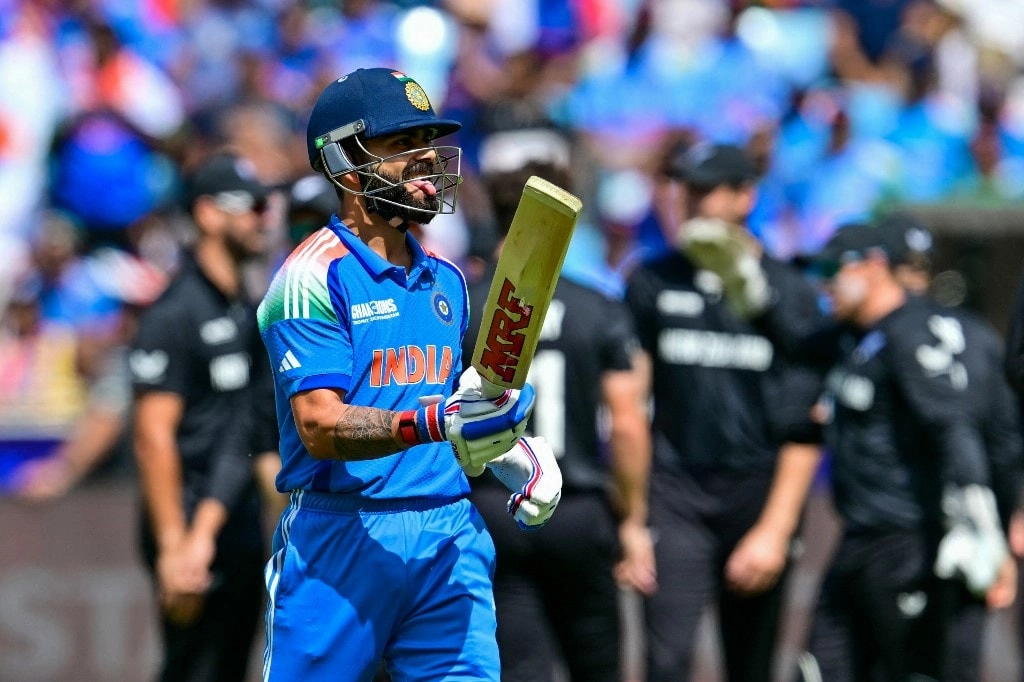In a surprising turn of events, reports indicate that the Indian cricket team did not receive the Asia Cup trophy after their victory in the tournament. The refusal to accept the trophy came in the wake of a controversial encounter with the Asian Cricket Council (ACC) chief, Mohsin Naqvi. This decision has sparked widespread discussions among cricket enthusiasts and analysts, as the implications of such an act are profound in the context of international sportsmanship and diplomacy.
The Asia Cup, a prestigious cricket tournament that features the top teams from the continent, had been a platform for showcasing cricketing talent and fostering camaraderie among the participating nations. However, India’s refusal to accept the trophy from Naqvi has raised eyebrows, particularly given the country’s dominant performance throughout the tournament. This incident is believed to be rooted in ongoing tensions and disputes within the cricketing framework of the region, which have often spilled over into the administrative aspects of the sport.
India’s decision not to accept the trophy could be seen as a statement against perceived injustices or mismanagement within the ACC. Such an action may signify a broader stance on governance and the treatment of member nations within the cricketing community. The implications of this incident extend beyond the trophy itself, as it could potentially influence future interactions between India and the ACC, as well as set a precedent for how disputes are handled in the realm of international cricket.
As reactions pour in from fans, players, and cricketing experts alike, the focus now shifts to the potential repercussions of India’s stance. Will this lead to a reevaluation of India’s engagement with the ACC? Could it impact the dynamics of cricketing rivalries in Asia? The answers to these questions remain uncertain, but one thing is clear: the cricketing world will be watching closely to see how this situation unfolds and what it means for the future of cricket in the region.




